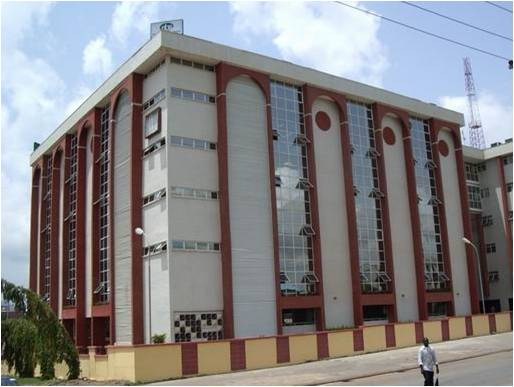
Nigeria’s National Bureau of Statistics (NBS), on Thursday, published further data showing that the country’s economy did not fare well in the second quarter of 2019 and is in dare need of a stimulus, as shown by the capital inflow data for the period.
Capital inflows through the nation’s banking system dropped $2.66bn or 31.41% from $8.48bn in the first quarter of the year to $5.82bn.
Year-on-Year, the figure, however, grew by 5.56% from $5.51bn
According to a breakdown of the figure, portfolio investment accounted for the lion’s share at $4.292bn, or 73.74%; out of which money market instruments attract $3.479bn or 81.05% of the total portfolio investment. Equity investment attracted $496.84m during the period; followed by $316.28m investments in the form of bonds.
A total of $1.304m inflows were recorded in the form of other investment, with loans accounting for $890.96m; while other claims stood at $413.37m; with foreign direct investments attracting $222.89m
By country of origin, according to the NBS data, United Kingdom was the highest with $3.134bn or 53.95%; followed by the United States’ $1.15bn 19.75%; while the United Arab Emirates and South Africa followed with $343.59m and $314.16m respectively. Belgium ranked fifth with $207.85m; Singapore, $160.72m; and Mauritius, $130.42m inflow.
Lagos, Nigeria’s commercial capital, remained the choice destination of choice for capital inflows in the period under review, accounting for $4.13bn, or 70.96% of total inflows; followed from afar by the Federal Capital Territory which attracted $1.67bn or 28.69%
“By sector, capital importation by banking dominated in quarter two, 2019 reaching $1.892bn of the total capital importation in quarter two, 2019,” representing 32.5% of total, followed by financing, $1.652bn or 28.3%; while shares attracted $1.119m; the report noted.
On capital inflow by bank, Stanbic IBTC Bank Plc emerged at the top of capital investment in Nigeria for the period with $1.76bn, representing 30.34% of the total capital inflow in that quarter.












